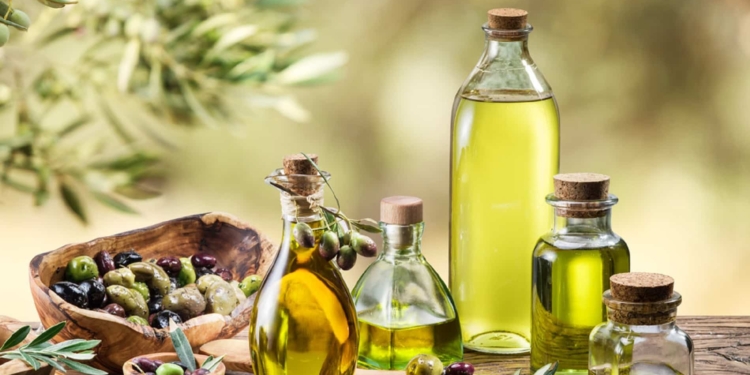Tunisia is preparing to experience an exceptional vintage in olive oil production in 2025. According to estimates relayed by international reports and confirmed by agricultural expert Fawzi Zayani, the Tunisian harvest could reach nearly 500,000 tonnes, thus placing the country as the second largest producer and exporter in the world, just behind Spain.
Indeed, Fawzi Zayani speaks of a “historic season at all levels”. The international context is particularly favorable: global production of olive oil should be around 2.7 million tonnes, while consumption would exceed 3 million tonnes, creating a deficit estimated between 10 and 12% on the world market.
This Tunisian performance stems in part from the marked drop in Spanish production, the world leader in the sector. Spain has been suffering the effects of prolonged drought and extreme weather conditions for several years, which has significantly affected the yields of its olive groves.
Tunisia, for its part, has managed to preserve not only the quantity, but also the quality of its oil, now recognized internationally. “Tunisian oil is used in several countries to improve the quality of other oils through blending,” says Zayani, highlighting the country’s long-standing expertise in this area.
A pillar of the national economy
Olive oil remains a strategic pillar of the Tunisian economy, representing more than 40% of revenues from the agricultural sector. This record expected in 2025 therefore constitutes an essential windfall for the country, particularly in a context of increasing food imports and the fragility of the dinar.
Beyond exportable volumes, this success represents an opportunity to strengthen the Tunisian presence on world markets, through promotional campaigns, the improvement of national brands and better valorization of the packaged product. Professionals are already urging us to transform this productive success into lasting commercial success.








